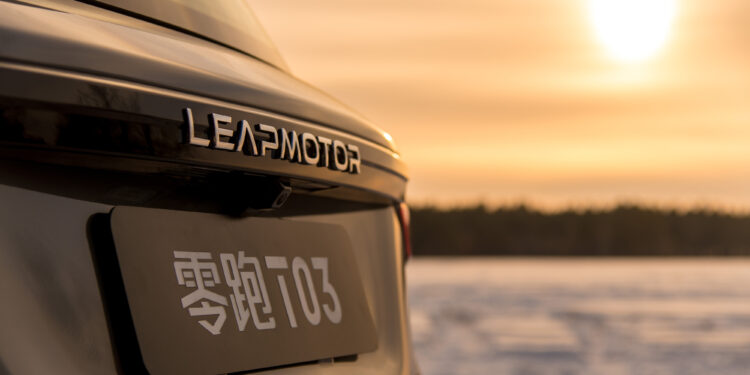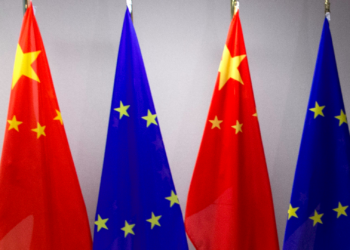Brussels – In World Trade Organization (WTO) jargon, it is called price undertaking, a price commitment that exporters make to raise the cost of the good for the end consumer. A higher list price makes goods less attractive but allows them to avoid the possibility of anti-dumping duties. Chinese operators have made such offers to the European Commission, trying to convince the EU executive to proceed with the rates already calculated for the electric cars, and ready to come into force in early November.
An entirely new chapter is being added to the Sino-European tug-of-war on clean mobility, which Brussels considers a first Chinese yielding. A commercial peace offer that, for the moment, is being rejected because, after careful analyses, the Commission concluded that the proposals coming from Asia, which are confidential, do not solve the problem. Proposals that, though welcome but not enough, will be deferred to a political, high-level negotiating table.
The People’s Republic’s Trade Commissioner Wang Wentao is expected in Brussels next week for a meeting with EU Trade Commissioner Valdis Dombrovskis scheduled for Sept. 19. That will be the forum to see how far the EU Commission can go in terms of demands, and how many concessions China can make. There is a willingness to avoid European tariffs and any Chinese counter-duties that might follow.
The Commission wants “a shared and agreed solution” based on WTO rules, Olof Gill, spokesman for trade issues for the EU executive, insists. With that in mind, moves by Chinese industry and exporters give Europeans hope, but any solution will require government guarantees. Beijing is waiting in the shadow. The von der Leyen team is moving forward, unfazed by Spain’s calls, which add to resistance from Hungary, Sweden, and Germany. Beijing is also waiting.
English version by the Translation Service of Withub






![Una donna controlla le informazioni sul cibo specificate sulla confezione [foto: archivio]](https://www.eunews.it/wp-content/uploads/2014/12/Etichette-alimentari.jpg)

